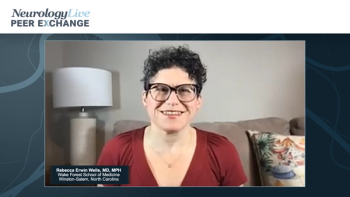
A panel of neurologists review clinical trial data on several CGRP monoclonal antibodies for migraine preventive treatment.
Director, MedStar Georgetown Headache Center, and associate professor of neurology, MedStar Georgetown University Hospital

A panel of neurologists review clinical trial data on several CGRP monoclonal antibodies for migraine preventive treatment.
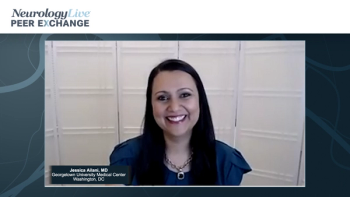
Expert neurologists discuss the use of CGRP monoclonal antibodies to prevent migraines.
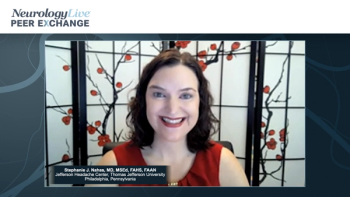
Stephanie J. Nahas, MD, MSEd, FAHS, FAAN, provides an overview of the use of onabotulinumtoxinA as a preventive migraine treatment.

A thought leader explains how she involves the patient when selecting novel agents to add to a preventive migraine treatment plan.
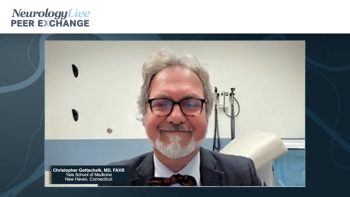
An introduction to the use of novel agents for preventive migraine therapy.

An expert panel discusses migraine prevention with the use of behavioral therapies such as cognitive behavioral therapy and stress management.
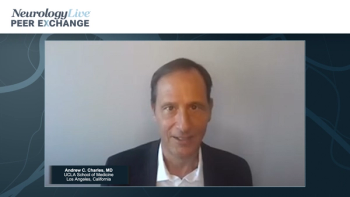
Dr Andrew Charles shares how he eases patient anxieties over lifestyle changes for preventive migraine therapy.

Rebecca Erwin Wells, MD, MPH, details the effectiveness of lifestyle changes for preventative migraine treatment.

A discussion on how to measure the success of preventative migraine treatment.

Key opinion leaders explain the burden of disease that accompanies preventative migraine treatment.

Expert neurologists share their goals and patient considerations for preventive migraine therapy.

Andrew C. Charles, MD, provides a historical perspective on the agents traditionally used for preventive migraine therapy.

The director of the MedStar Georgetown Headache Center discussed the upcoming International Congress on the Future of Neurology and what attendees can expect to hear from experts in migraine.

With the AHS 63rd Annual Scientific Meeting set to kick-off virtually on June 3, 2021, Jessica Ailani, MD, FAHS, offered her perspective on what to expect from the presentations and sessions.
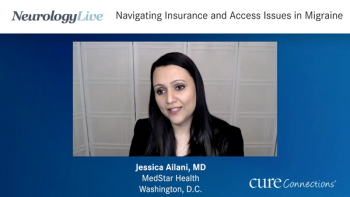
Current hurdles faced by neurologists when prescribing therapy to treat migraine and advice to help other healthcare professionals as well as patients navigate insurance and access issues.
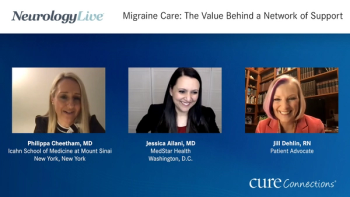
A patient advocate, Jill Dehlin, RN, explains why patients with migraine should connect with other patients via patient support programs and take a proactive role in managing their condition.
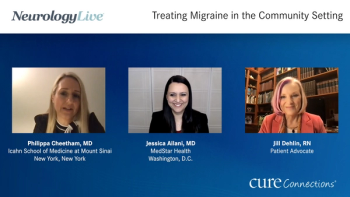
Advice to community neurologists and other care providers who may treat patients with migraine in the community setting on incorporating newer therapies, such as CGRP inhibitors, into practice, and a list of reputable resources where patients can turn for additional support.
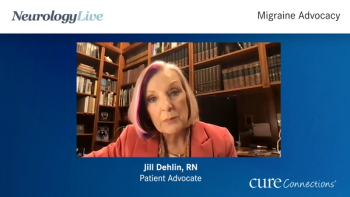
Jill Dehlin, RN, describes her role as an advocate in supporting others with migraine and connecting them to the support and resources needed to best manage their condition.

The director of the MedStar Georgetown Headache Center spoke to the considerations she makes in determining when patients with migraine may need a nonoral therapy to address their disease.

The director of the MedStar Georgetown Headache Center spoke to the efficacy and application of a new formulation of the longstanding agent dihydroergotamine in the treatment of migraine.
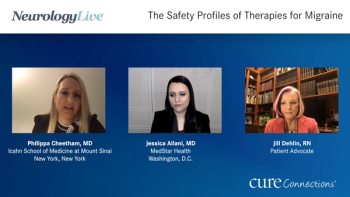
The potential connection between risk of dementia in patients treated with triptans for migraine as compared to the safety profiles of newer CGRP monoclonal antibodies.
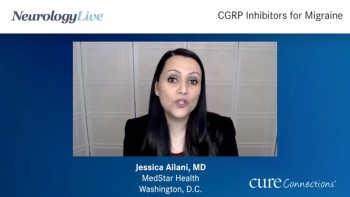
Jessica Ailani, MD, of MedStar Health, describes the mechanisms of action and indications for use of currently available CGRP inhibitors for migraine.
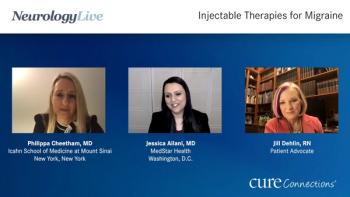
Jill Dehlin, RN, a patient with migraine, talks about her experience receiving a subcutaneous injectable CGRP inhibitor, and neurologist Jessica Ailani, MD, explains what she counsels her patients on when prescribing a newer injectable treatment.
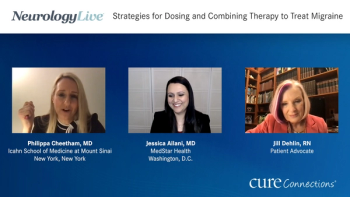
Jessica Ailani, MD, a neurologist from MedStar Health, shares insight on best practices for dosing therapies used to treat migraine and implications for combining drugs together.
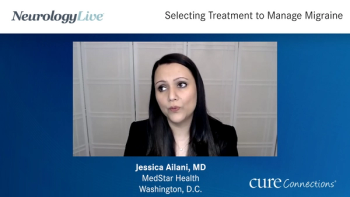
Variables that neurologists and other healthcare professionals need to consider when selecting an appropriate prescription therapy for migraine, and recommendations by a patient advocate on staying adherent to therapy and predicting attacks.
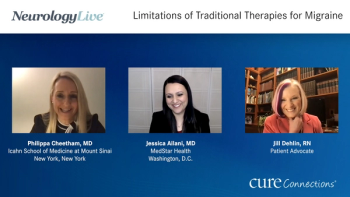
Limitations, in terms of safety and efficacy, of older conventional therapies used to treat migraine.
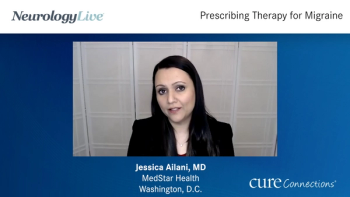
Neurologist Jessica Ailani, MD, explains when she feels it is most appropriate to treat migraine more aggressively with prescription drugs versus with lifestyle intervention.
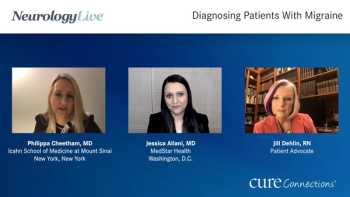
Jessica Ailani, MD, describes her approach to evaluating new patients for migraine and explains how her diagnostic work-up can impact her recommendations for treatment.
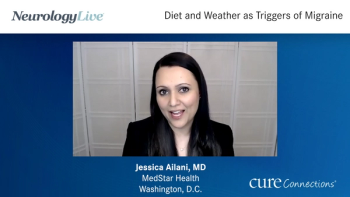
Types of foods and weather conditions that may trigger migraine attacks.
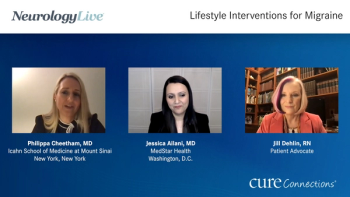
Recommendations for incorporating and adhering to lifestyle interventions that can help prevent migraine or reduce the severity of attacks.